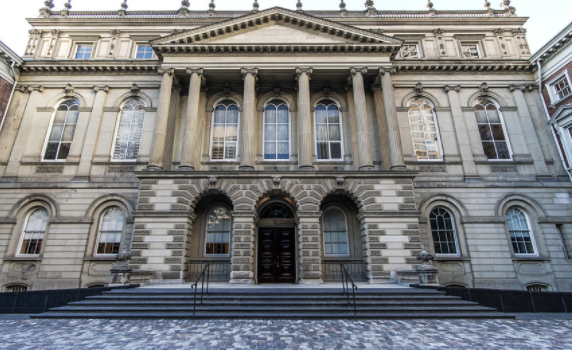TORONTO — The Ontario Court of Appeal has dismissed the provincial government's arguments against Superior Court decisions regarding increases to annual payments for numerous First Nations in Northern Ontario.
The decision clears the way for negotiations, or for further submissions in court by Canada and Ontario on the one hand, and signatories to the 1850 Robinson-Huron and Robinson-Superior Treaties on the other.
The two treaties require the Crown to make an annual payment – referred to as an annuity – to each member of the First Nations in exchange for the surrender of a large portion of Ontario, and for the use of the resources on that land.
A clause in the treaties provides for periodic increases, but the annuity has remained at $4 per person since 1875.
Robinson-Huron and Robinson-Superior signatories started claims against Canada and Ontario in 2001, alleging the treaties had been breached.
In earlier decisions, after hearings conducted in Thunder Bay and Sudbury, a Superior Court judge ruled that the Crown is obligated to increase annuities when economic circumstances warrant, and must consult with the First Nations.
In a decision released on Friday, a five-member panel of the appeal court unanimously turned down most of the arguments raised by Ontario.
It found that the honour of the Crown requires it to increase the annuities as part of its duty to implement the treaties diligently.
A majority of the judges decided that the trial judge did not err in her interpretation of the treaties, while a minority disagreed with the interpretation but agreed that the Crown had failed to implement the treaties' promises.
The court also unanimously concluded that Ontario's limitations statute does not cover treaty claims, and that Crown immunity does not apply in this instance.
The Anishinaabe's claims, therefore, can proceed.
Mike Restoule, chair of the Robinson-Huron Treaty Trust and one of the plaintiffs in the case, stated previously that an economic historian hired by the plaintiffs "came up with numbers, and the numbers are huge" in terms of the settlement the First Nations might expect to receive.
In a decision last year, Superior Court Justice Patricia Hennessy encouraged the parties to negotiate a settlement, saying "Everyone would agree that resolution in this case is a laudable goal and one that must be encouraged at every stage of the litigation."
However, the next stage in the process is currently scheduled to take place in court next spring, when damages and the allocation of liability between Canada and Ontario will be decided.
